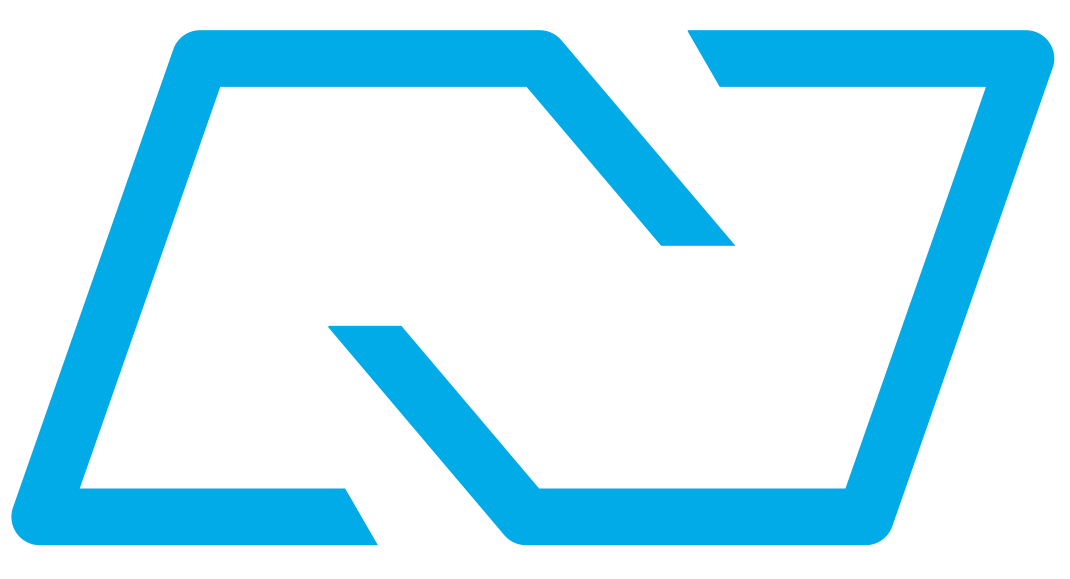3 Financial Myths Busted
Let’s be honest: we’ve all had a personal finance tip that was drilled into our brain. We don’t necessarily know that the advice is 100% accurate and we might not even be able to say where we heard it from. Maybe a friend or even the coffee barista? Who knows. While your friends and the barista may be correct; the world of finance is constantly evolving. It is crucial to make sure that you do your due diligence and continuously research how to handle your finances. We put together a list of the 3 most common financial myths that unfortunately have made their way into many households. Let’s set the record straight and move onto a path of financial savings.
# 1 You don’t need an emergency fund- everything will work out.
If you lost your job tomorrow, do you know how you would pay next months’ mortgage? What about if your car required major maintenance that would cost you $2,500, would you be able to pay that without taking on debt?
The idea of an emergency fund or ‘rainy’ day savings is not a new concept. It is, however, an extremely valuable personal finance concept that is not widely used in many households. According to a poll done by Bankrate, more than 60 percent of Americans do not have enough funds set aside to deal with even minor financial issues.
Having a proper emergency fund is an important part of your financial plan. It creates a safety net for emergencies and allows you to possibly avoid taking on more debt with credit cards or loans. The first step can be to build a savings buffer of $500 to $800. This is a great way to get your savings started without putting too much stress on your current financials. From there you can examine your plan and make necessary adjustments to increase savings.
#2 I’m okay as long as I make the minimum payment.
Minimum payments are a trap. They’re designed to make you think that you can pay just what you owe for now while you wait until you have more money. The thing is, most consumers get in the habit of only making a minimum payment. This essentially extends the time required for you to get out of debt and actually will cost you significantly more money in the long run.
On average, most credit issuers will only require a minimum payment of 4% to 6% of your total balance. While this may sound nice at the time for whatever place you are in financially, this can ultimately hurt you in the long run. By only making the minimum payment every month and continuing to make charges on the card, the total balance is going to drastically rise. In no time, your small minimum payment is going to be pretty high and you may find it impossible to get your debt paid down.
#3 I don’t earn enough to save so I’ll start saving when I get a better job.
If you feel that you don’t earn enough money to start saving for retirement, there are a few ways to get the ball rolling. The best thing that you can do is to open a retirement savings account and start saving something. Anything. Find what you can possibly save right now and that can be a huge help in the future. If you can set aside $15 a week, then do that. Eventually you can slowly increase the amount that you put aside and over time compound interest will do its work.
Once you open your retirement savings account and start putting money aside, it’s important to prioritize your spending habits. Find a way that you can cut back on your unnecessary spending and put that money towards your retirement. Do you buy a specialty coffee every day? Cut back to once or twice a week and put that money saved into your account. You might be surprised to learn that you have more money than you think.









No Comments